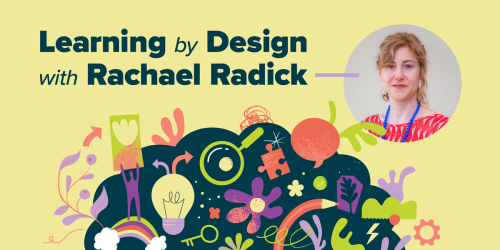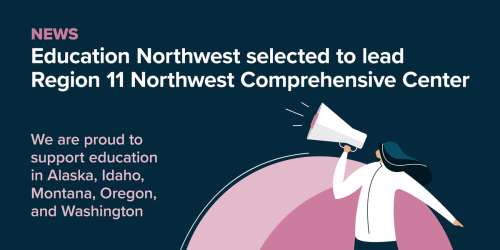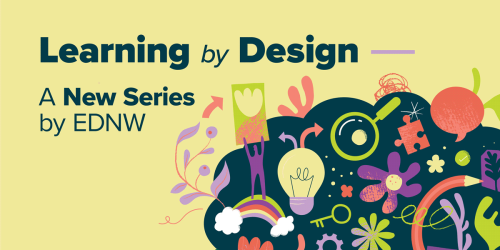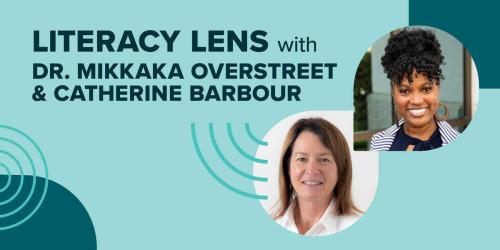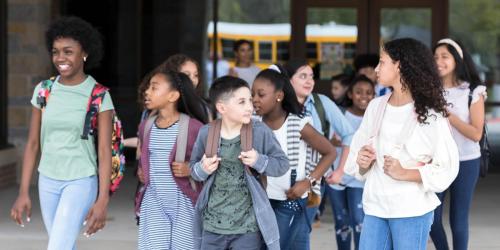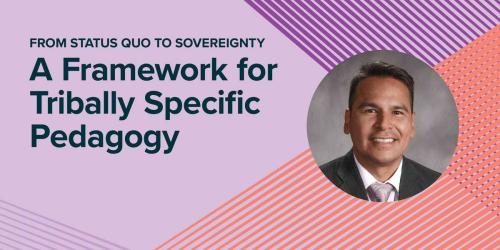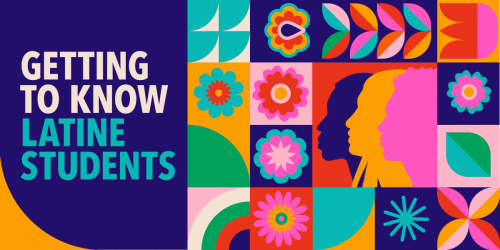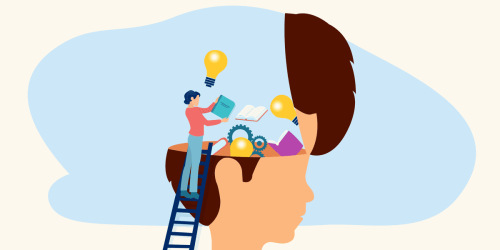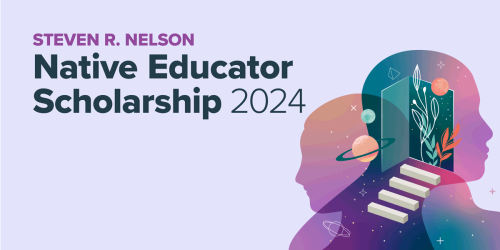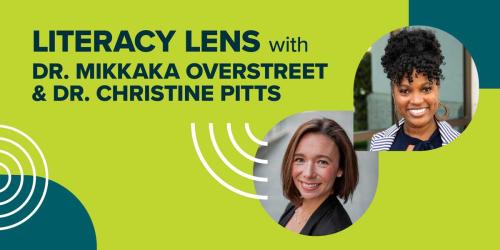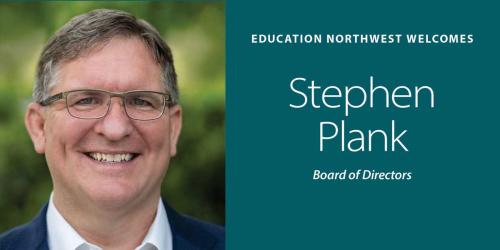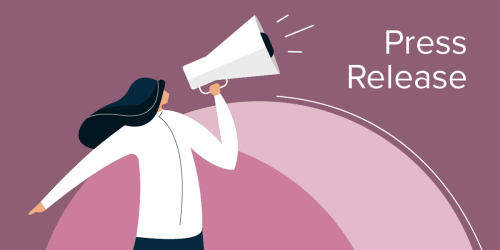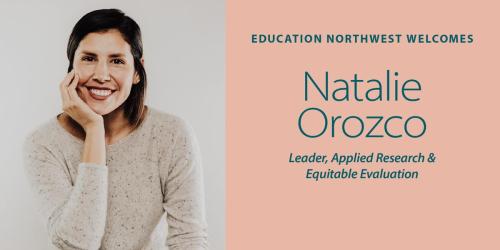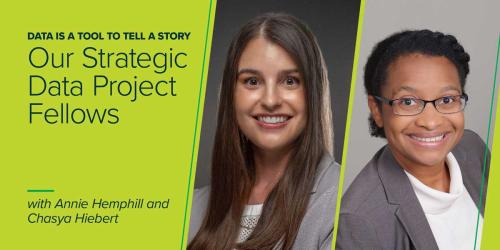These strategies and resources for inclusive learning design can improve equity and unlock the potential of neurodivergent learners.
The Region 11 Comprehensive Center at EDNW works to strengthen education systems and improve student outcomes in the Northwest region.
Learning by Design, brought to you by our instructional design team at Education Northwest. Instructional designers, like architects, must construct an environment that is functional, safe, and engaging.
How can states support school improvement? Senior Director Catherine Barbour outlines a formula for successful leadership.
Researcher Sarah Asson explains the equity implications of attendance zone boundaries—the lines on a map that determine which child attends which school in a district.
Our Indigenous framework for self-determined pedagogy engages Tribes and education systems to improve learning experiences for Native students.
When educators build authentic relationships with Latine students, we can honor their culture and set students up for academic success.
The Equity Model for Youth Mentoring—developed by Dr. Kristian Jones, EDNW’s Dr. Grace Gowdy, and Dr. Aisha Griffith—is guided by consideration of social justice and structural oppression.
The 2024 recipients of the Steven R. Nelson scholarship reflect on their experiences and the future of Native education.
Dr. Mikkaka Overstreet and guest co-author Dr. Christine Pitts look at a crucial part of maintaining momentum in early literacy reform—implementation.
Plank brings more than 25 years of experience of research and evaluation in the education field.
Education Northwest received a $1.5 million grant from the Bill & Melinda Gates Foundation to manage the Limitless Learning Network.
Natalie Orozco brings a wealth of professional research and evaluation experience to her new role as a leader at Education Northwest.
Strategic Data Project Fellows Annie Hemphill and Chasya Hiebert reflect on what data is, why it matters, and how we can use it to help all learners.
Dr. Manuel Vazquez Cano reflects on his experiences in bilingual education—as a student and researcher.
